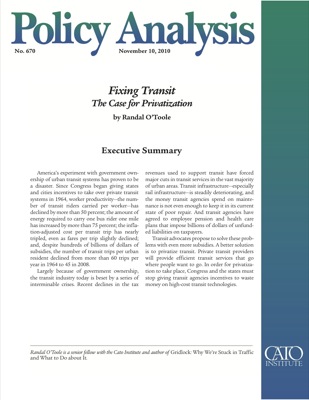A Portland transit union leader says his members have been “victimized” by a free-market group that posted their salaries on line. But who is the real victim here: the people collecting the salaries or the people whose taxes pay the salaries even if they never ride transit?
Back in June, a free-market group in New York posted salaries for all government workers in that state, leading the New York Times to calculate that more than 8,000 New York City transit workers earn more than $100,000 a year. Portland’s TriMet has only about 100 employees who are paid more than $100,000. Most are administrators, but at least one is a bus driver and several work in maintenance.
Of course, New York’s MTA has 70,000 employees compared with about 2,600 who work for TriMet. The list of TriMet salaries also lists $18,540 in benefits for most employees, but this does not count unfunded pension liabilities that the agency has incurred for each employee.








